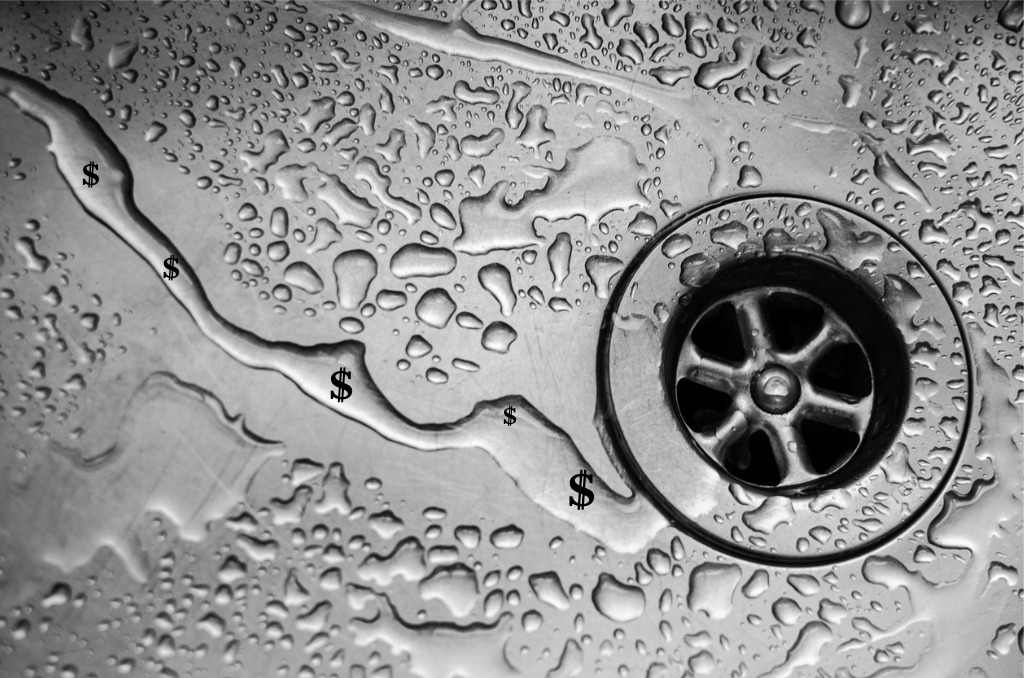The holiday season is rife with scams, and many are targeted at older adults who may be more trusting of people, and institutions. While younger adults primarily use electronic methods of payment – which also require vigilance, many seniors still rely on cash and cheques to pay bills and buy necessities. When sending cheques as payment through the mail service, some people have found themselves scammed out of their savings through fraud labelled as “cheque washing”.
You may be familiar with the term “money laundering” but cheque washing is something entirely different that can occur when a thief intercepts a payment cheque mailed through the postal service. According to a recent WVLT 8 news report, in this type of scam, a paper cheque is “washed” of its original “Pay to” amount and made out to someone else for a greater dollar figure. Stolen cheques are erased using household chemicals and then rewritten and cashed at an ATM or currency exchange.
In most cases, the money can be refunded through a financial institution’s fraud protection, but it’s important to catch any discrepancies quickly and stay in communication with your bank. Keeping good records of all banking transactions, and checking your balances online or through a smartphone app can help catch scammers quickly. Seniors who are not fluent in online banking may wish to have a trusted family member check their accounts regularly for any suspicious transactions.
During the pandemic, there was an uptick in cheque-washing scams, and according to the U.S. Department of Treasury, all types of cheque fraud are on the rise in recent years.
To avoid becoming a victim of cheque washing, use a pen with indelible black gel ink that cannot be erased and deposit mail with cheques inside the post office or pay bills online. Make sure to pick up any incoming mail promptly and plan to deposit mail with cheques just before the last pickup of the day.
Follow this link to the United States Postal Inspection Service website to learn more about protecting yourself and your loved ones from cheque washing.






Add Your Voice
0 Comments
Join the Discussion